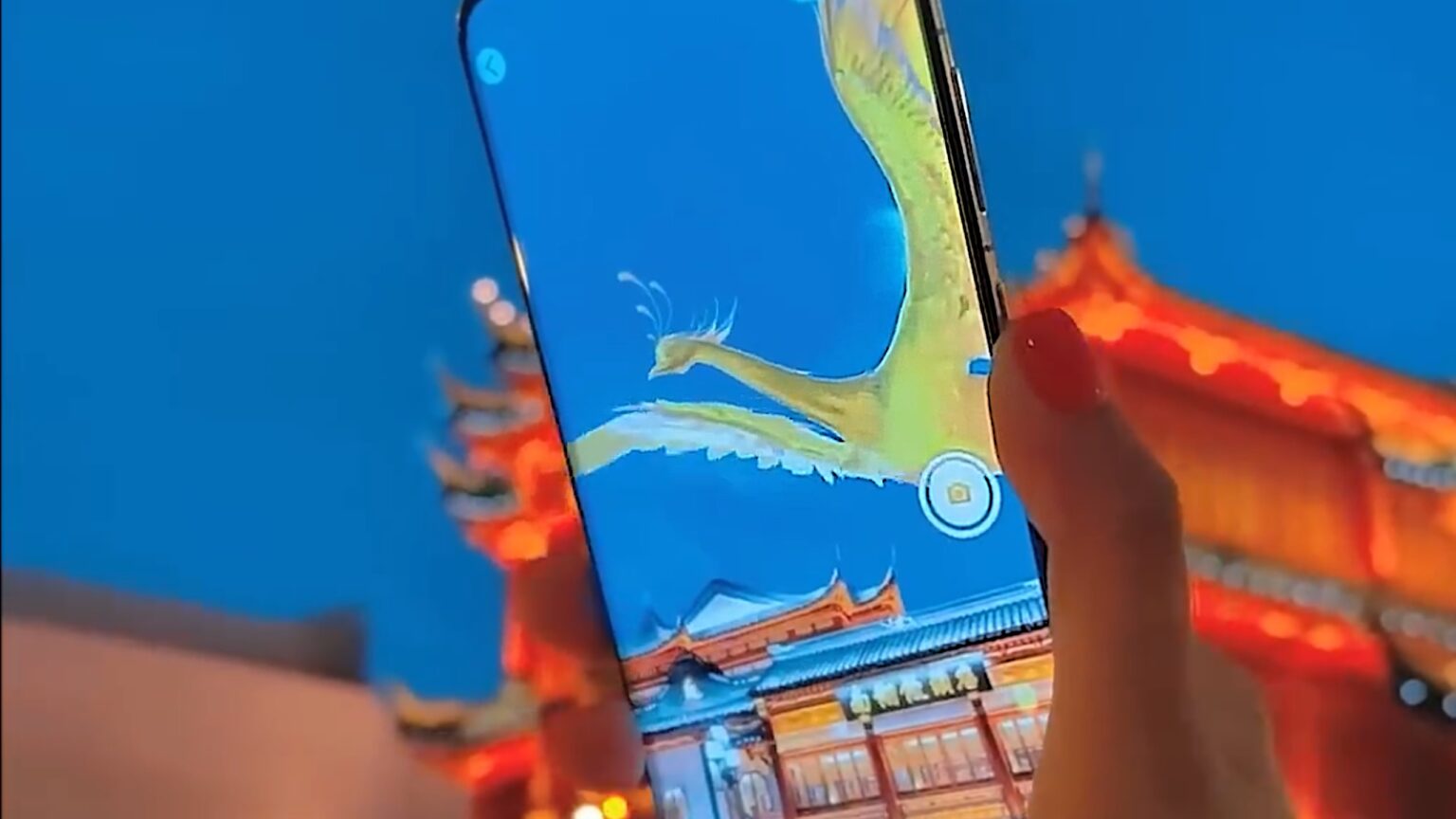Chinese Metaverse City industry sees a 50% annual growth rate as Shanghai is envisioned to lead growth ahead of other global cities in the next five years.
The Metaverse City industry is projected to surpass the original 100 billion yuan, or $14 billion, initial forecast for 2025, according to the “2023 Metaverse City White Paper” released at the inaugural World Metaverse Developer Conference (WMDC2023). During the conference, Shanghai achieved global recognition as the top metaverse city on the back of its smart applications in urban development, medical services, and tourism.
Shanghai leads the pack
According to the white paper, the metaverse city industry is expected to have sustained growth into 2028. Last year, the Chinese metaverse city industry was valued at 26.8 billion yuan and will grow to 104 billion yuan in 2025. This represents an annual growth rate of 50%.
The white paper further predicts the industry will exceed 300 billion yuan, or $42 billion, by 2028.
As the metaverse city industry continues to balloon, Shanghai has emerged as a leader in this concept and will drive the metaverse together with other global cities like New York, London, Paris, Singapore, Tokyo, Seoul, Riyadh, Dubai, and Santa Monica.
Shanghai’s efforts and global recognition are also in line with China’s broader plans to develop a diverse metaverse industry and become a global leader in the sector.
Also read: Metaverse-Based Military Training Advances with New Software
Metaverse projects
According to Shine, Shanghai has spearheaded several projects to boost its metaverse. This comes as the city is planning to nurture its metaverse enterprises while overcoming technological problems.
One notable example is Huangu District, which is one of Shanghai’s metaverse development projects, showing off its digital projects such as the Yuyuan Garden Metaverse Lantern Fair. The first Yuyuan Garden Fair integrated AR to provide both virtual and real-world experiences.
According to China Today, this year’s lantern fair was uploaded on a metaverse platform, “enabling audiences to visit the Shan Hai Jing-styled show on their cellphones.” It attracted 140 million views for its AR livestreaming. The Chinese government indicated this initiative attracted 800,000 participants “in offline experiences.”
According to the white paper, the initiative also includes the building of a digital twin for Ruijin Hospital.
The projects make use of the latest technologies, such as AR, VR, and AI, to create new consumer, tourism, and entertainment experiences.
A digital Communist Party of China
According to Shine, another project involves the digital version of the memorial site of the First National Congress of the Communist Party of China. This leverages digital twin technology to create immersive digital representations.
This was meant to enhance user engagement with the CPC’s principles and history, “featuring interactive themes and a combination of online and offline experiences.
To enhance patient care and hospital management, Ruijin Hospital’s Metaverse Smart Hospital Application, which merges both physical and digital spaces using digital twin technology.
This system, according to Shine, provides immersive navigation for patients and advanced clinical data access for medical staff. The Huangu government also noted this integrates operational management for hospital administration staff, setting “a new standard for healthcare technology.”









 and then
and then